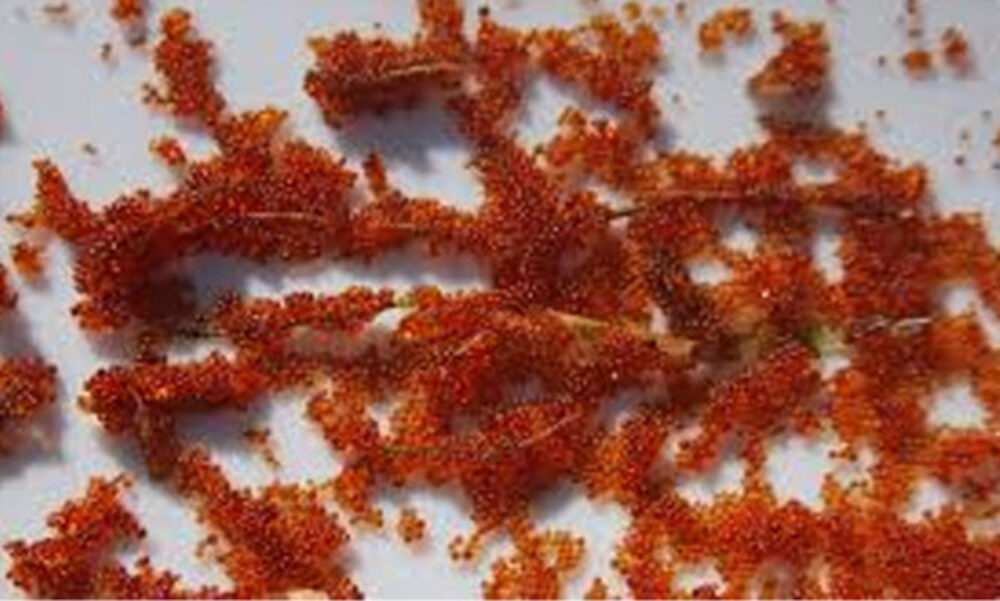Burn These Eggs If They’re in Your Backyard

Recognizing the potential hazards lurking in your backyard is paramount. Among these hazards are minuscule eggs capable of harboring harmful diseases, posing a threat to you and your loved ones.
If you happen upon tick eggs in your yard, prompt action is imperative. Ticks are not merely nuisances; they serve as vectors for various illnesses such as Lyme disease and Rocky Mountain spotted fever. Here’s how to identify them.

Tick eggs can prove elusive due to their diminutive size, measuring a mere 0.5 mm each, akin to a poppy seed, with an oval shape and a coloration that’s either white or translucent.
Typically, clusters of tick eggs are deposited on foliage or fallen leaves. As they mature, their hue may resemble that of adult ticks belonging to their species.
Handling tick eggs with care is essential to mitigate the risk of disease transmission, given their potential to hatch into larvae and propagate illnesses.
Should you encounter tick eggs within your premises, seeking assistance from a professional pest control specialist is advisable, as they employ various methods to manage tick populations.

In the event of a tick already embedded in the skin, employ tweezers to grasp it close to the attachment point, exerting gentle pressure until it dislodges. Subsequently, dispose of the tick by flushing it down the toilet.
Deer ticks, known carriers of Lyme disease, can be deterred by eliminating vegetation like tulips, azaleas, or hostas from your yard. Planting herbs such as Rosemary, mint, or chrysanthemums can also serve as natural repellents against ticks.
Regular lawn maintenance, including mowing and clearing leaf litter and debris, is crucial in thwarting ticks from finding suitable breeding grounds.
Exploring alternatives like tick tubes or repellents can further bolster your defense against tick infestations. Rough garden beds can also aid in deterring tick-related issues.
Safeguarding against tick-borne ailments necessitates diligence and collaboration with professionals to ensure a safer outdoor environment for your family.
Feel free to SHARE this article with your loved ones!
